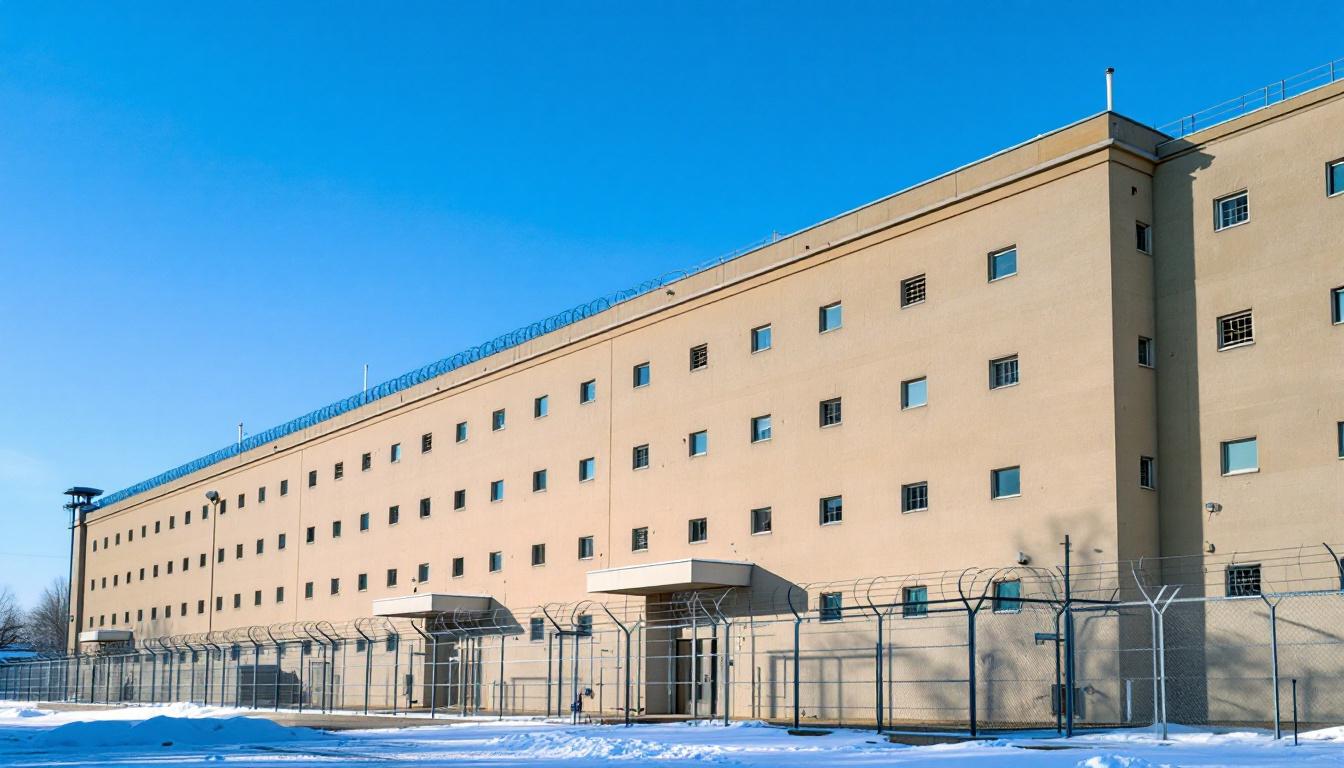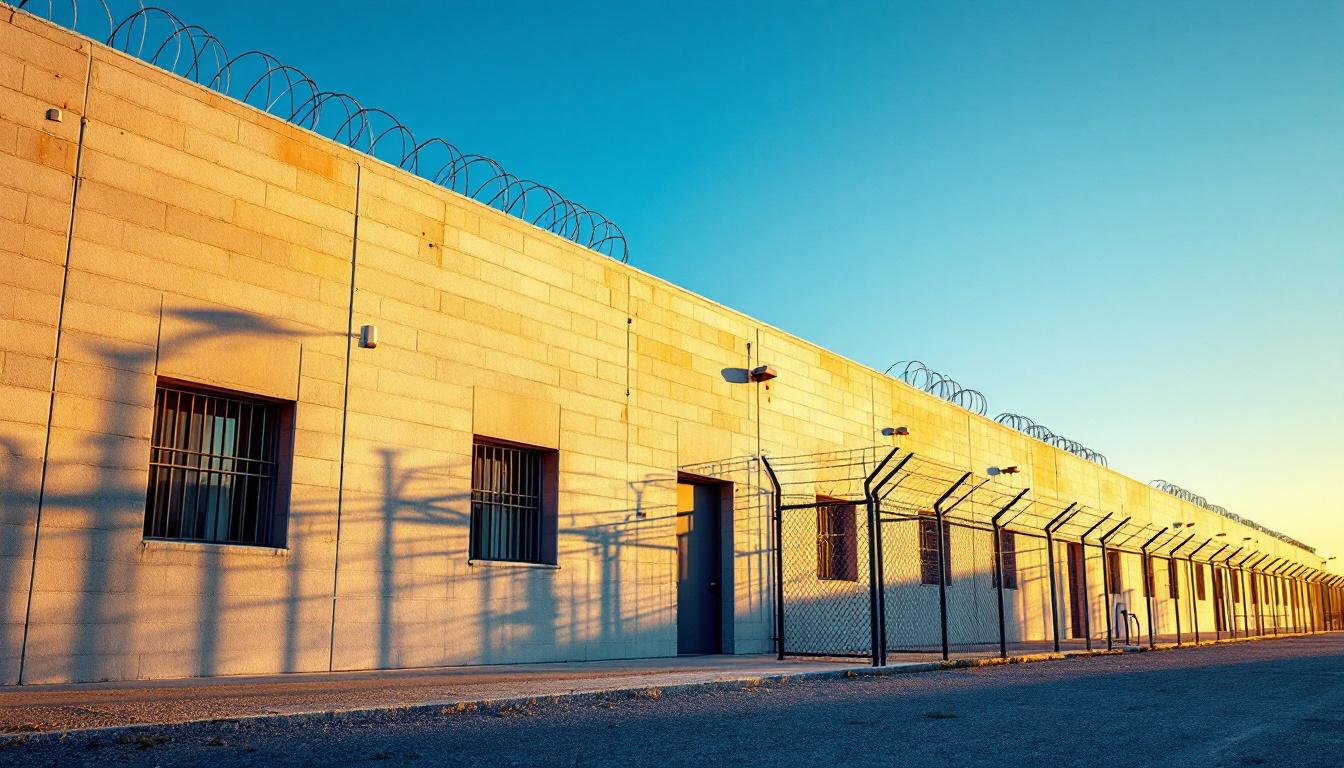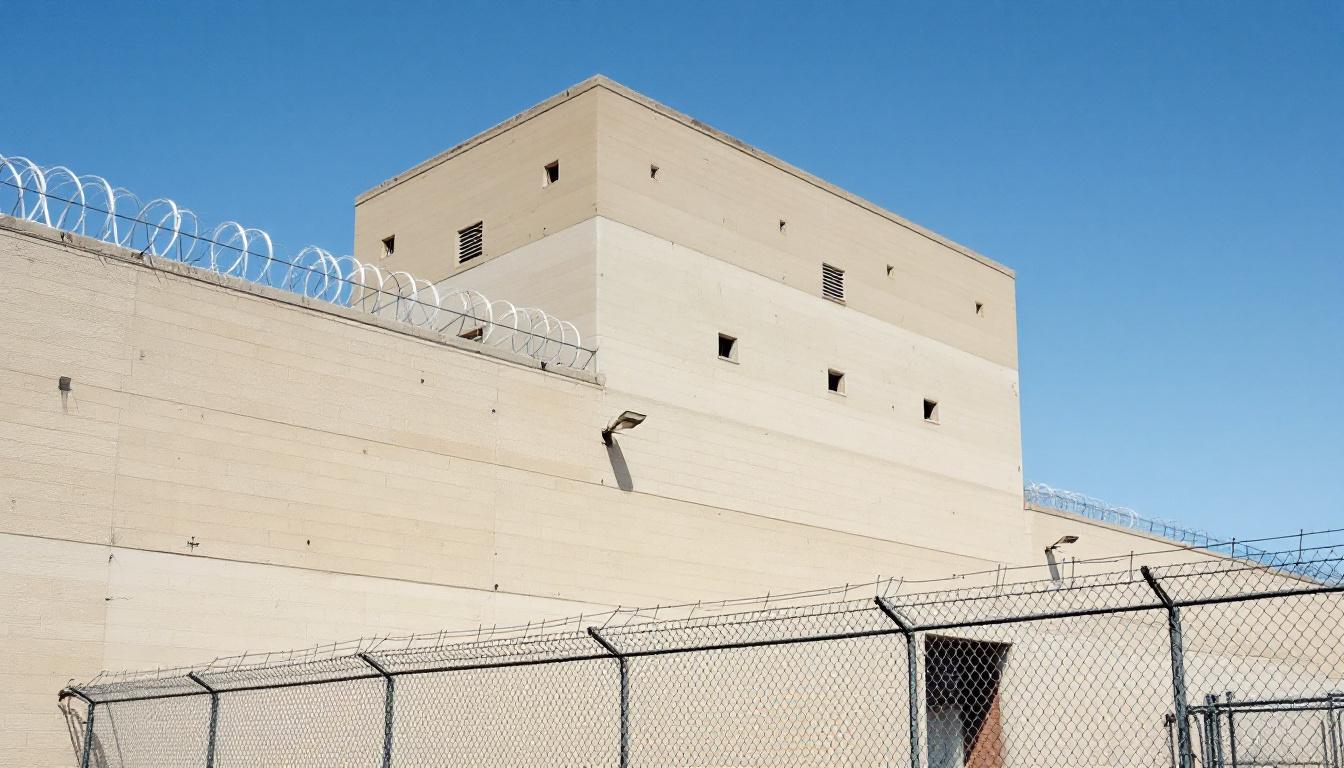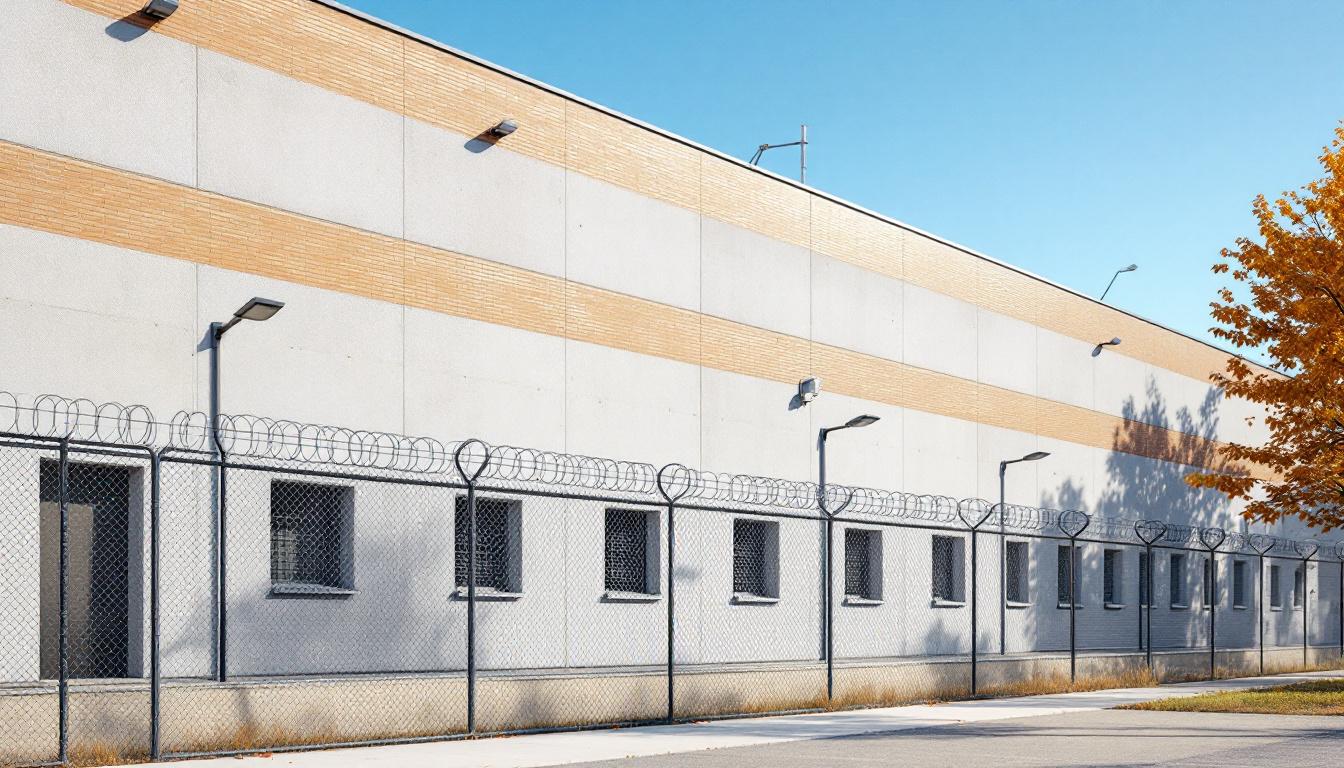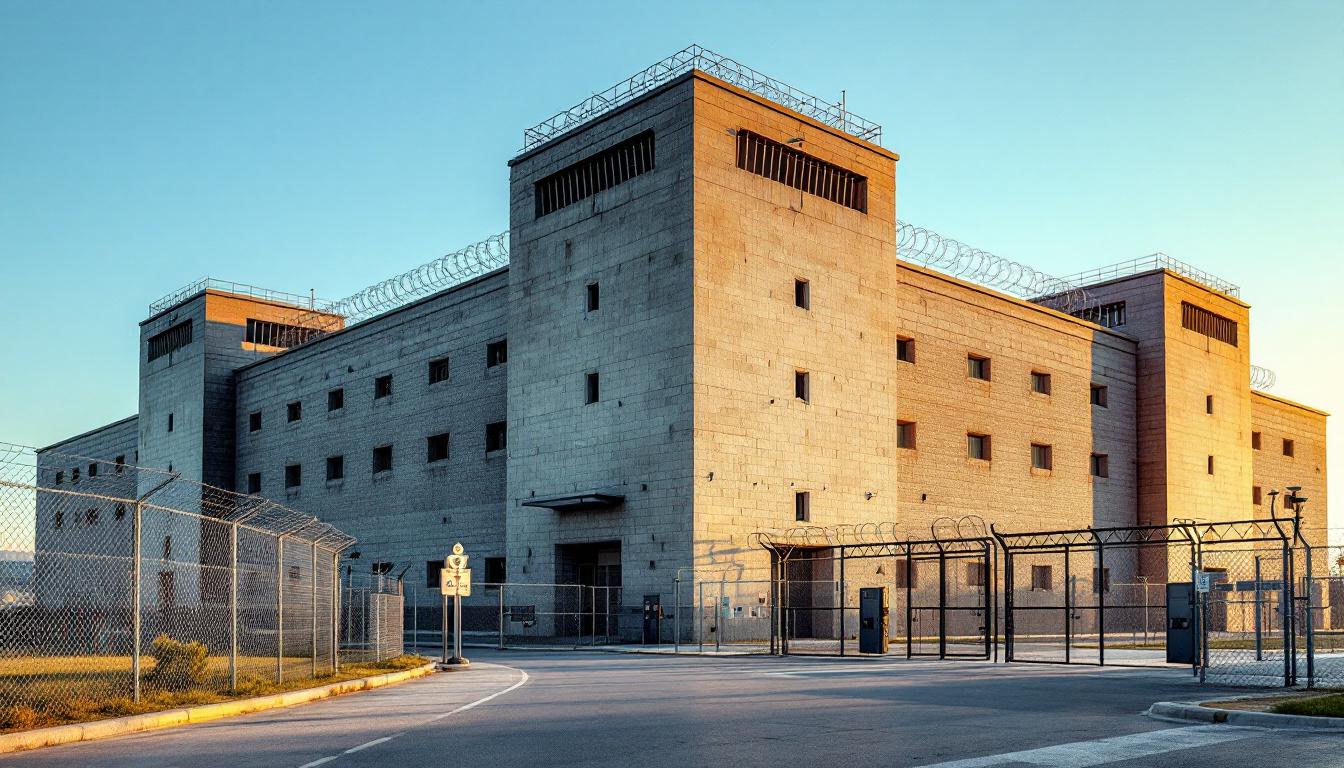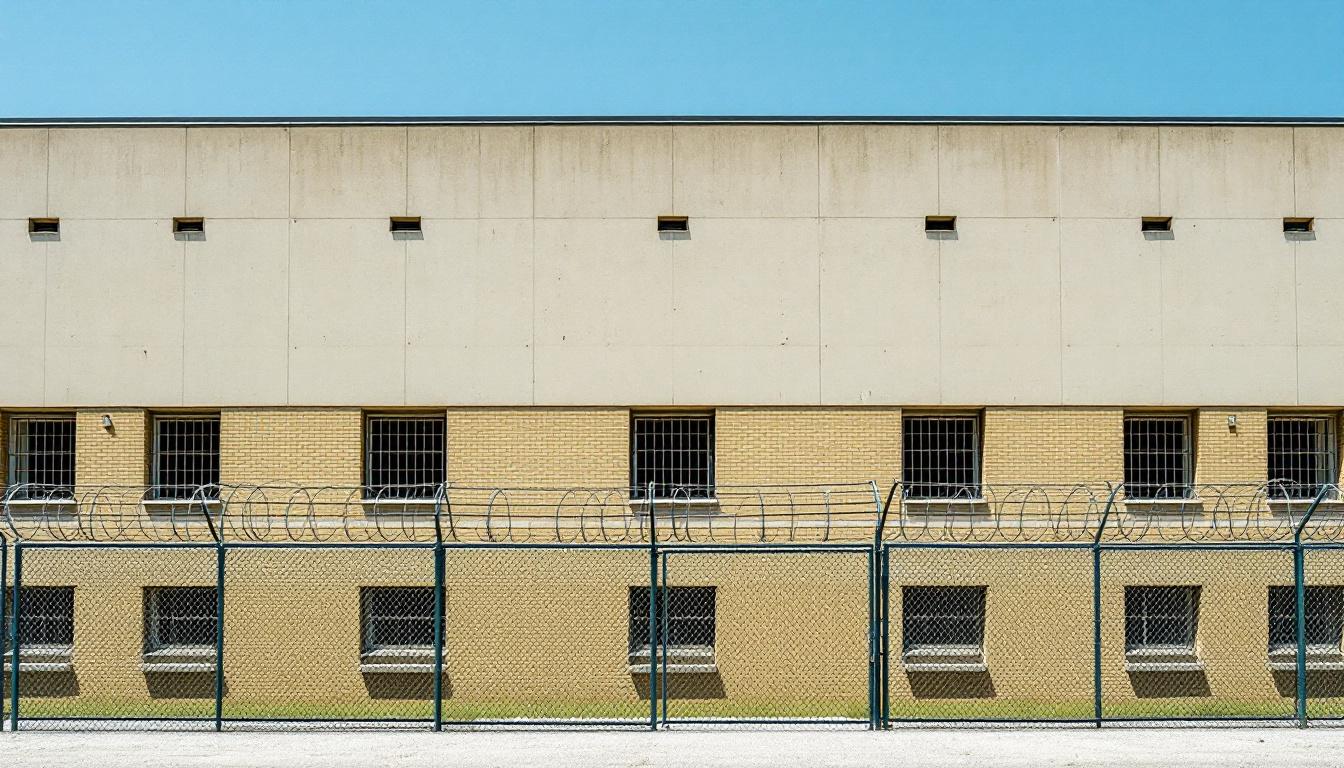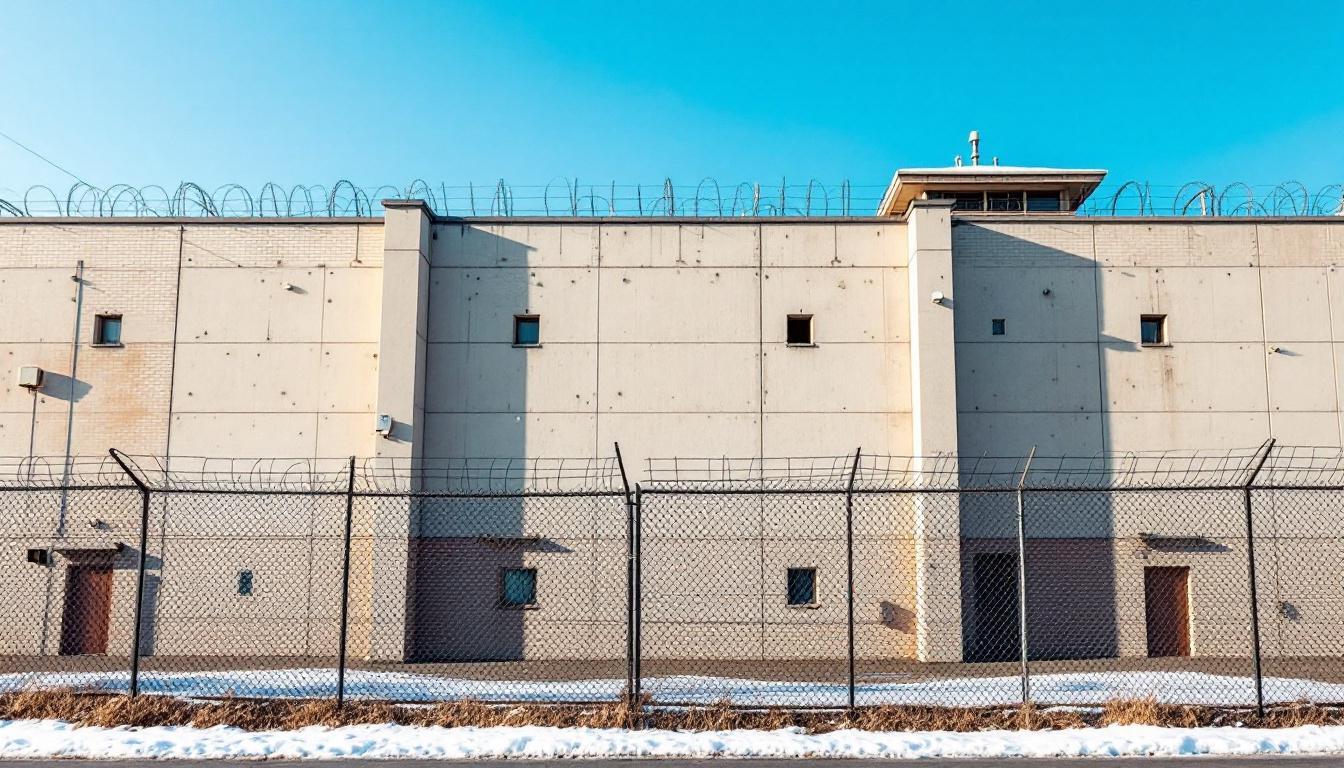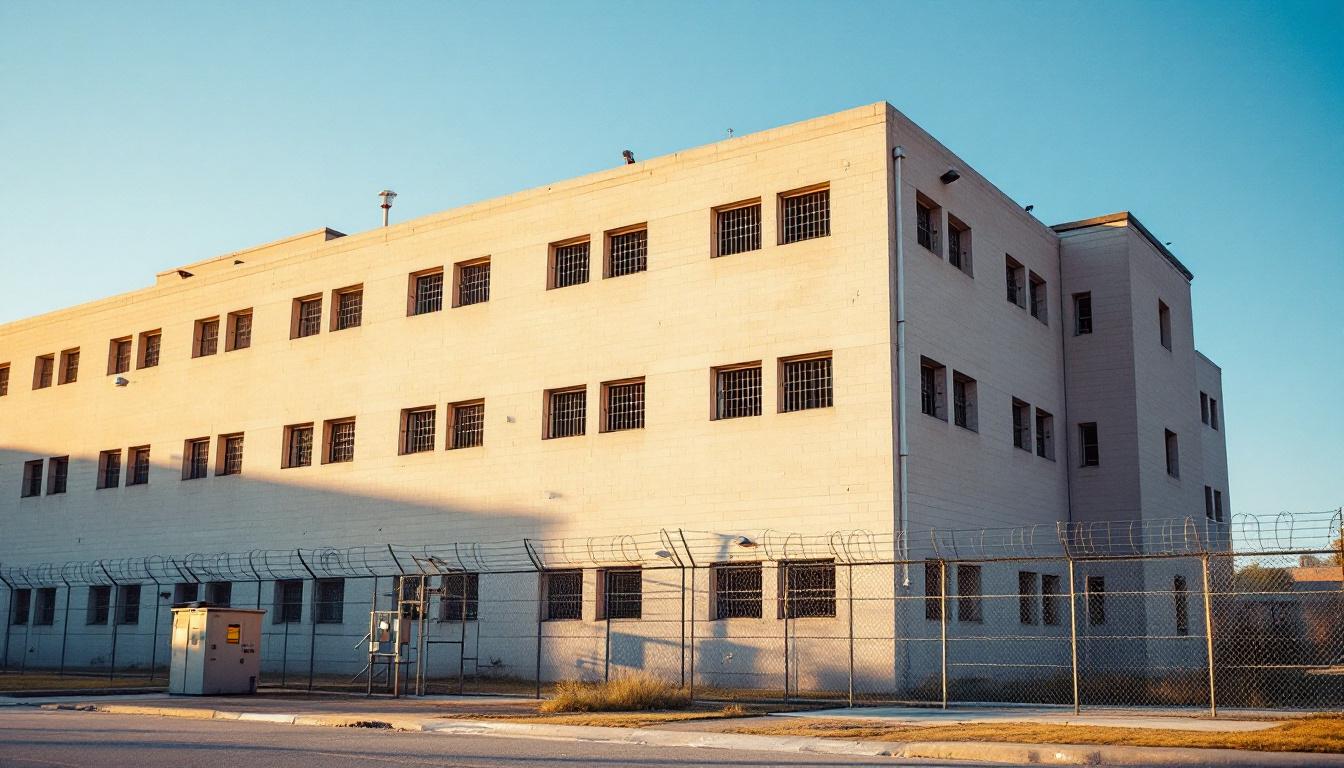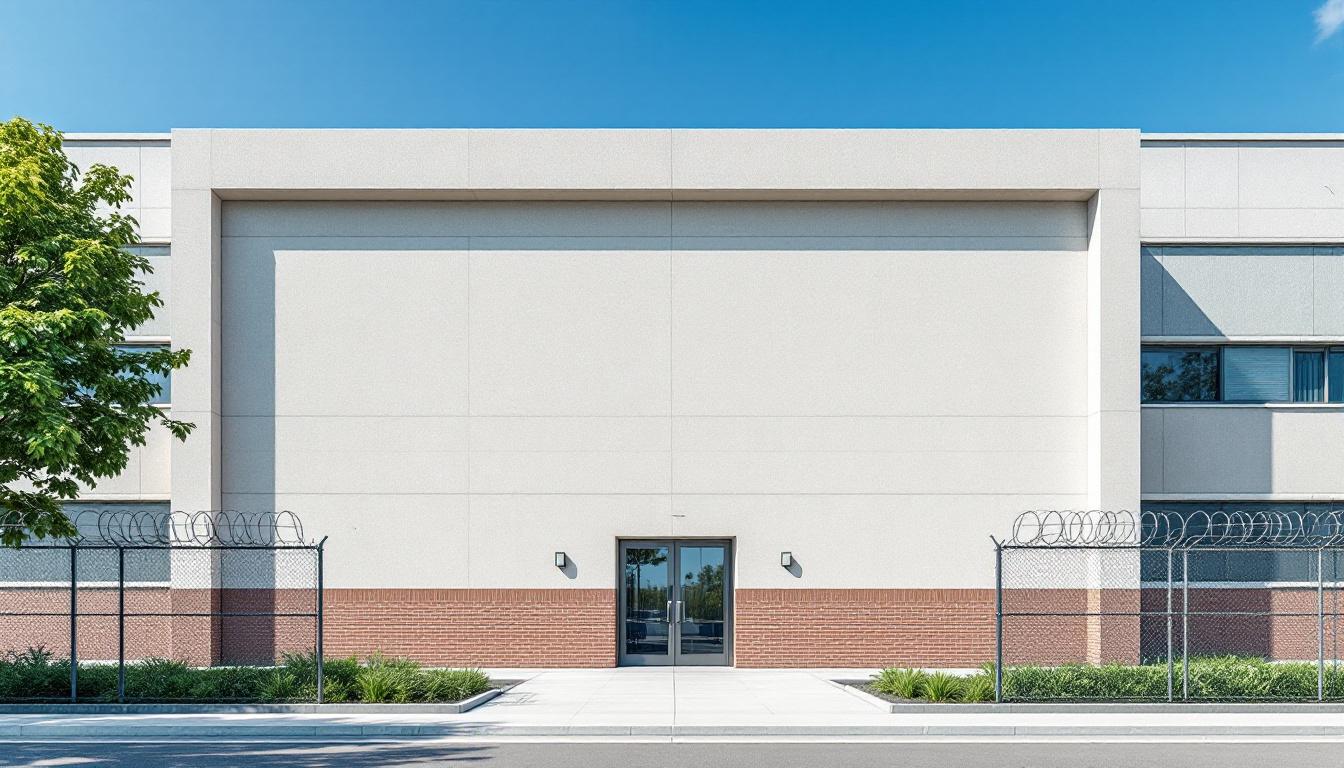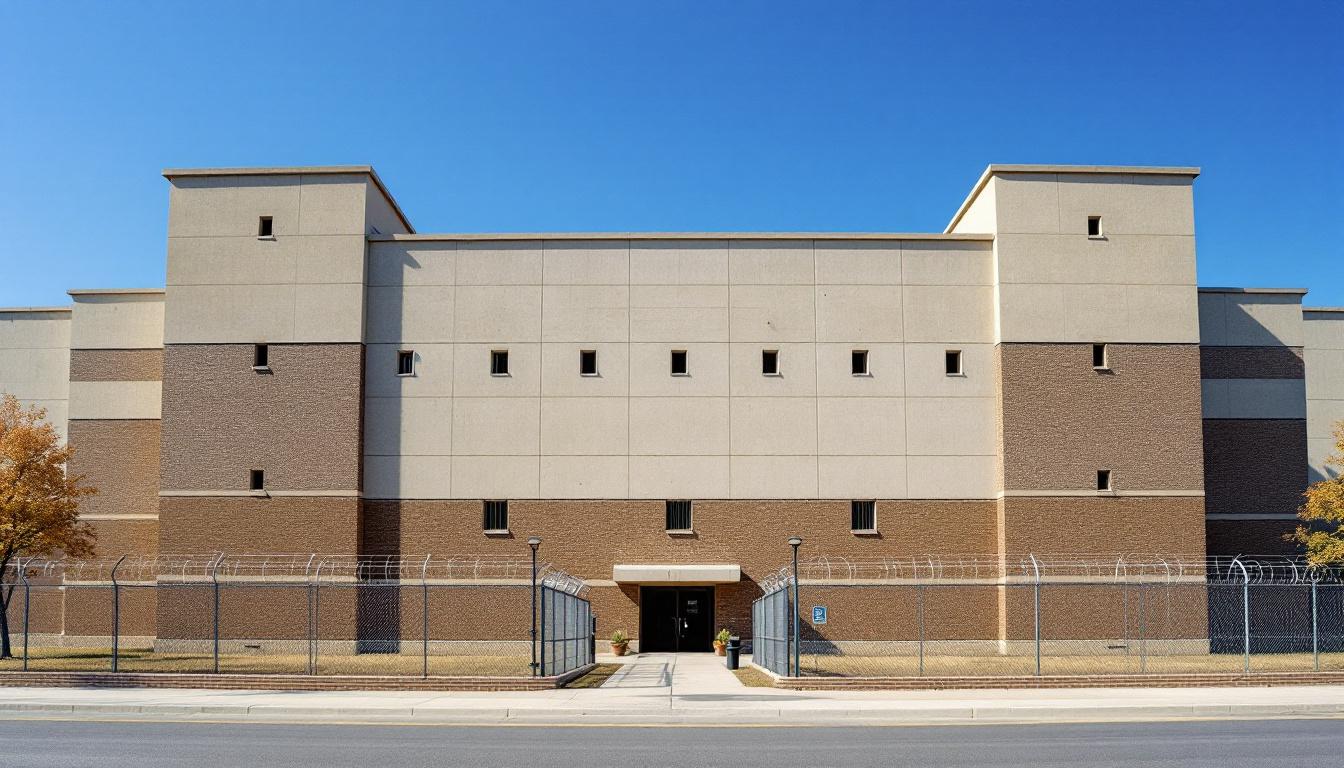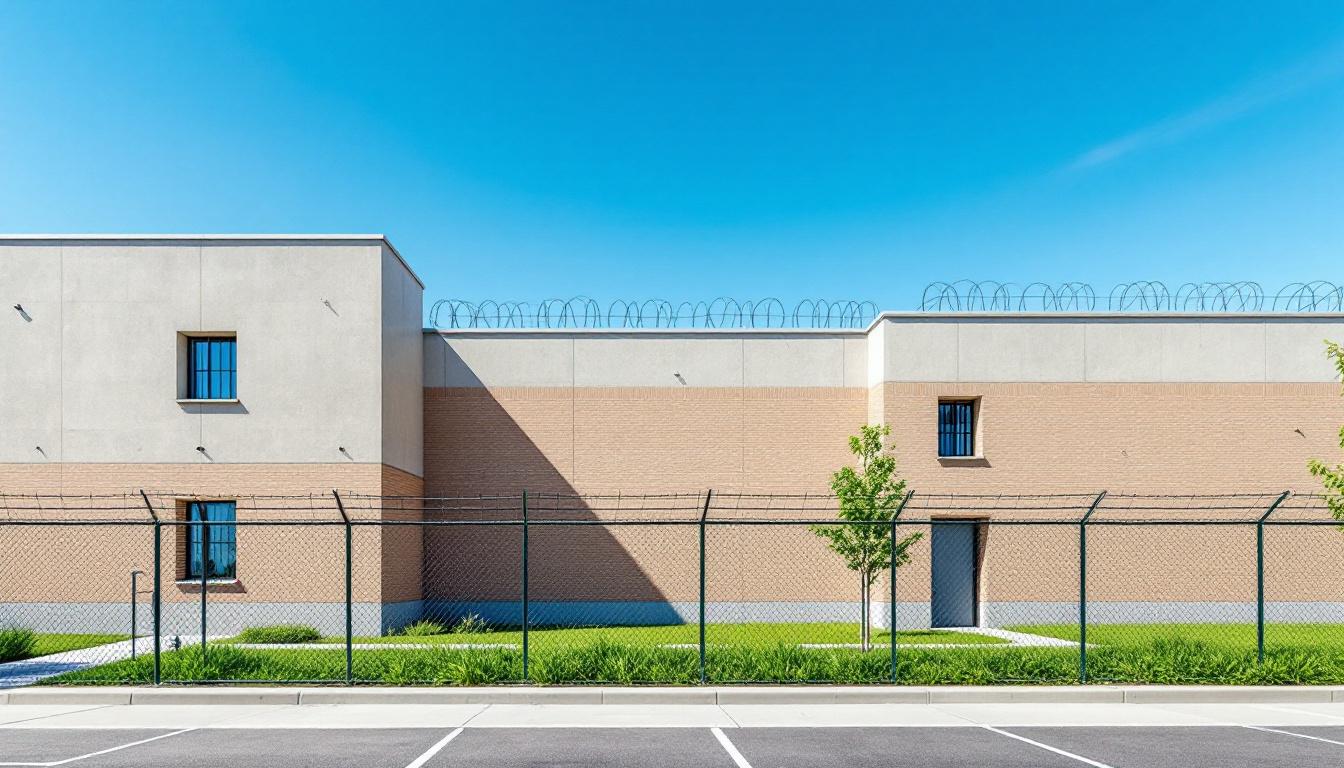
Quick Navigation
How to contact an inmate at Irwin County Detention Center
This comprehensive guide will walk you through how to connect with an inmate at Irwin County Detention Center. Follow the steps below to find an inmate and send letters and photos:
- Search for the inmate using our search tool below
- Create your account or log in to Penmate
- Write your message (up to 6,000 characters)
- Send instantly - inmates receive printed copies daily
Find an Inmate
Search for an inmate to start communicating today
Tip: You can search by first name, last name, or inmate ID number
To contact a person at Irwin County Detention Center start by searching for the person on the official facility website. Perform a search by following these steps:
- Step 1: Enter their first name and last name into the search form and click "Search"
- Step 2: Locate their inmate record
- Step 3: Write down their Inmate ID and any housing information provided
Important! Be sure to enter the person's full name. Nicknames should not be used.
How to Send Messages to Inmates

You can use your phone or computer to send emails, letters, and photos to an inmate. Messages are sent electronically to inmate tablets or kiosks at the facility. If you would like to send a message, start by searching for an inmate at Irwin County Detention Center.
Sending Photos and Postcards

A great way to send love and support to a loved one at Irwin County Detention Center is to send photos and postcards. It only takes a few minutes to send photos from your phone and it makes a huge difference. You can also mail postcards with words of support and inspiration, or design your own postcard for special moments like birthdays and holidays.
Important! Be sure not to send any explicit photos or they may not be approved by the facility. You can also use a photo printing app like Penmate to make sure your photos are printed at the correct size (4x6 or 3x5) and are mailed according to the rules and regulations of Irwin County Detention Center.
Frequently asked questions about Irwin County Detention Center
-
How long does it take to deliver a message?
If you're sending an email message your letter is usually delivered within 24-48 hours. For messages sent via mail you should expect delivery within 3-7 days. All messages will need be approved by Irwin County Detention Center.
-
How much does it cost to send a message to Irwin County Detention Center?
You can send a message free using your phone or mail a message via USPS for the price of a $0.60 stamp and envelope. You can also purchase credits or e-stamps from services starting at $1.99.
-
What services can I use to contact an inmate at Irwin County Detention Center?
Penmate
You can use Penmate to send letters and photos to an inmate from your phone. It's an easy way to stay in touch during your loved one's incarceration. Use the inmate locator to find an inmate's location and contact information, then you can send messages within a few minutes.
Securus messaging
Securus may be another option for communicating with an inmate at Irwin County Detention Center. You can create a friends and family account and purchase credits to send messages. All messages will be reviewed and must be approved by the facility.
JPay
Some county jails and state prisons may support sending messages with JPay. You must register an account with the system, find your loved one, and purchase stamps to send messages. For some locations you can also attach photos.
Smart Jail Mail
You may also check if Smart Jail Mail is available at Irwin County Detention Center. Smart Jail Mail is operated by Smart Communications and has contracted with some state and county jails. After purchasing credits, your messages and photos are sent to the facility, printed out, and then handed out to your loved one.
-
What is the mailing address of Irwin County Detention Center?
Mailing address:
Irwin County Detention Center
132 Cotton Dr
Ocilla, GA 31774
Phone: (229) 468-4121Business hours:
- Monday: 8:00 AM – 5:00 PM
- Tuesday: 8:00 AM – 5:00 PM
- Wednesday: 8:00 AM – 5:00 PM
- Thursday: 8:00 AM – 5:00 PM
- Friday: 8:00 AM – 5:00 PM
- Saturday: Closed
- Sunday: Closed
-
What are the visiting hours at Irwin County Detention Center?
Visiting hours at Irwin County Detention Center vary by housing unit and security level. Generally, visits are scheduled on weekends and holidays, with some facilities offering weekday visits. Contact the facility directly at (229) 468-4121 or check their website for the current visiting schedule. Visits typically last 30-60 minutes and must be scheduled in advance.
-
What items are prohibited when sending mail to Irwin County Detention Center?
Prohibited items typically include: cash, personal checks, stamps, stickers, glitter, glue, tape, staples, paperclips, polaroid photos, musical or blank greeting cards, hardcover books, magazines with staples, and any items containing metal or electronics. Only send letters on plain white paper with blue or black ink. Photos must be printed on regular photo paper (no Polaroids). Always check with Irwin County Detention Center for their specific mail policies.
-
How do I send money to an inmate at Irwin County Detention Center?
You can send money to an inmate at Irwin County Detention Center through several methods: 1) Online using JPay, Access Corrections, or the facility's approved vendor, 2) Money orders mailed directly to the facility with the inmate's name and ID number, 3) Kiosks located in the facility lobby, or 4) Over the phone using a credit or debit card. Fees vary by method, typically ranging from $2.95 to $11.95 per transaction.
-
Can I schedule a video visit with an inmate at Irwin County Detention Center?
Many facilities now offer video visitation as an alternative to in-person visits. At Irwin County Detention Center, video visits may be available through services like Penmate, Securus Video Connect, GTL, or ICSolutions. Video visits typically cost $10-20 for 20-30 minutes and must be scheduled in advance. You'll need a computer or smartphone with a camera and reliable internet connection. Contact the facility for their specific video visitation policies and approved vendors.
-
What identification do I need to visit an inmate at Irwin County Detention Center?
All visitors must present valid government-issued photo identification such as a driver's license, state ID, passport, or military ID. Minors must be accompanied by a parent or legal guardian who can provide the minor's birth certificate. Some facilities require visitors to be on the inmate's approved visitation list, which may require a background check. Contact Irwin County Detention Center for specific ID requirements and visitor approval procedures.
-
How can I find out an inmate's release date?
To find an inmate's release date at Irwin County Detention Center, you can: 1) Use the online inmate search tool if available, 2) Call the facility's records department, 3) Contact the inmate's case manager or counselor, or 4) Have the inmate provide this information during a call or visit. For privacy reasons, some facilities only release this information to immediate family members.
Facility Overview
Contact Information
Irwin County Detention Center132 Cotton Dr
Ocilla, GA 31774
Phone: (229) 468-4121
Official Website
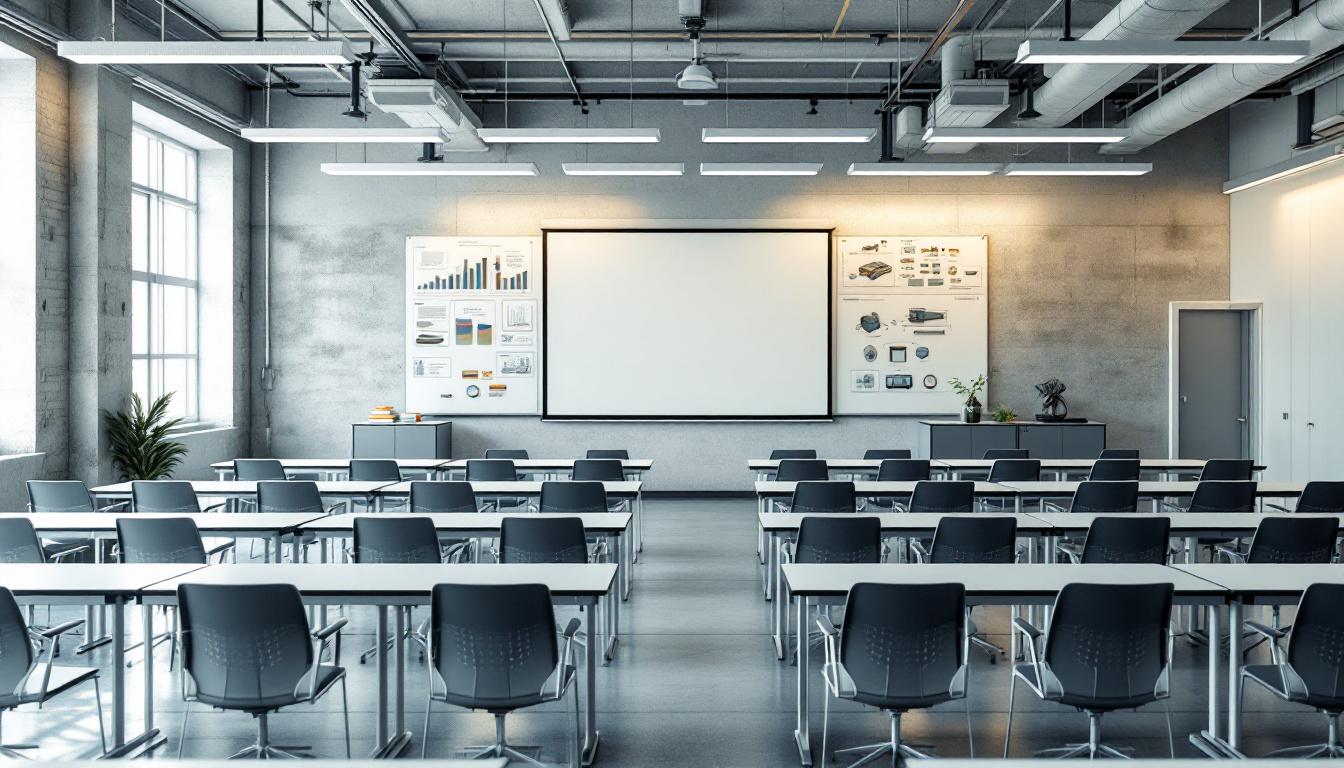
About Irwin County Detention Center
Nestled in the small city of Ocilla, Georgia, the Irwin County Detention Center, GA operates as a regional correctional facility serving the broader south Georgia area. This GA correctional facility typically maintains collaborative relationships with various community organizations and service providers to support comprehensive programming for those in custody. The facility's location in rural Irwin County often allows for partnerships that may connect residents with local resources and support networks.
The detention center generally emphasizes a multifaceted approach to residents services, which may include educational opportunities, substance abuse counseling, and job readiness training programs. Staff typically work alongside community partners to develop programming that addresses individual needs while preparing residents for successful reintegration. These collaborative efforts often encompass mental health services, vocational training opportunities, and life skills development programs designed to reduce recidivism and promote positive outcomes.
Through its partnership-focused model, the facility usually coordinates with local agencies, faith-based organizations, and educational institutions to provide comprehensive support services. The detention center's approach typically includes case management services that help residents access continuing care and community resources upon release. This collaborative framework often extends to family support services and reentry planning, reflecting the facility's commitment to working with the broader Ocilla community to address the complex challenges facing individuals in the correctional system.
Programs & Services
Educational initiatives form the cornerstone of rehabilitation efforts, typically focusing on foundational literacy skills and high school equivalency preparation. These programs may deliver structured learning opportunities that help residents develop critical thinking abilities while building confidence in academic settings. The facility often emphasizes practical skill development alongside traditional classroom instruction, recognizing that comprehensive education serves as a pathway to successful community reintegration.
Vocational training initiatives provide hands-on learning experiences designed to prepare residents for employment opportunities upon release. Small engine repair programs typically offer technical instruction in equipment maintenance and troubleshooting, skills that translate directly to job prospects in automotive, landscaping, and equipment service industries. Also, broader vocational training may include instruction in various trades, helping residents develop marketable abilities that can support long-term stability and self-sufficiency.
Support services address the emotional and spiritual needs of residents through comprehensive wellness approaches. Faith-based services often provide counseling, spiritual guidance, and community support that many residents find essential for personal growth and healing. Also, music programs may deliver creative outlets that promote emotional expression and stress reduction, while wellness initiatives typically focus on mental health awareness, substance abuse education, and life skills development. These therapeutic programs work together to address underlying issues that may have contributed to incarceration, supporting residents in developing healthier coping mechanisms and decision-making skills.
Daily Life & Visitation
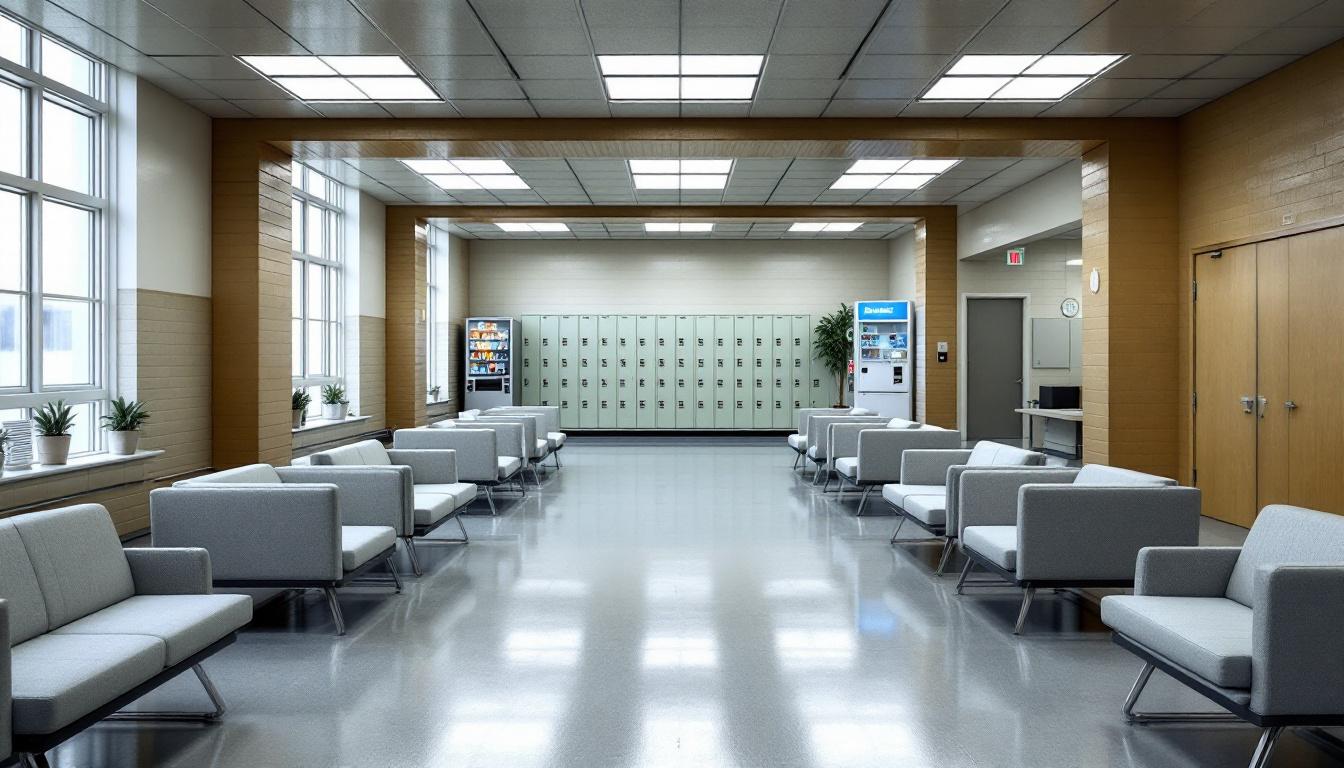
Structure forms the backbone of each day, with carefully planned schedules that residents follow from morning wake-up through evening count. At present, the facility actively maintains consistent routines that typically begin early in the morning with scheduled wake-up calls and room inspections. Residents generally move through their day following predetermined timeframes for meals, programming, work assignments, and recreation periods. This predictable framework often helps individuals adapt to institutional life while maintaining order throughout the housing units.
Living accommodations at the facility typically consist of shared cells or dormitory-style housing units, where residents may be housed with one or more individuals. Personal property allowances usually include basic hygiene items, limited clothing, and approved personal effects that residents can store in designated areas. Also, the commissary system generally allows residents to purchase additional food items, hygiene products, and approved personal supplies using funds from their institutional accounts. Meals are typically served in designated dining areas at scheduled times, with residents moving in organized groups to maintain security protocols.
Programming schedules often deliver educational opportunities, vocational training, and recreational activities that fill structured portions of each day. Work assignments within the facility may include kitchen duties, maintenance tasks, laundry services, and cleaning responsibilities that provide residents with daily responsibilities and modest compensation. However, family connections remain important through scheduled visitation periods and telephone privileges that typically allow residents to maintain contact with loved ones. Recreation time usually includes access to outdoor areas when weather permits, along with indoor activities such as television viewing, reading materials, and organized games that help residents utilize their non-programmed hours constructively.
Ready to Connect?
Start communicating with your loved one today
Search for an Inmate
